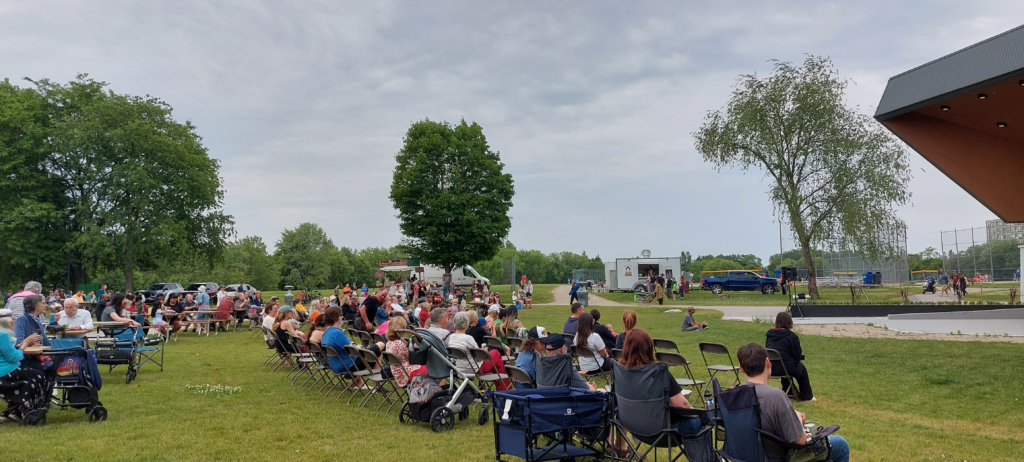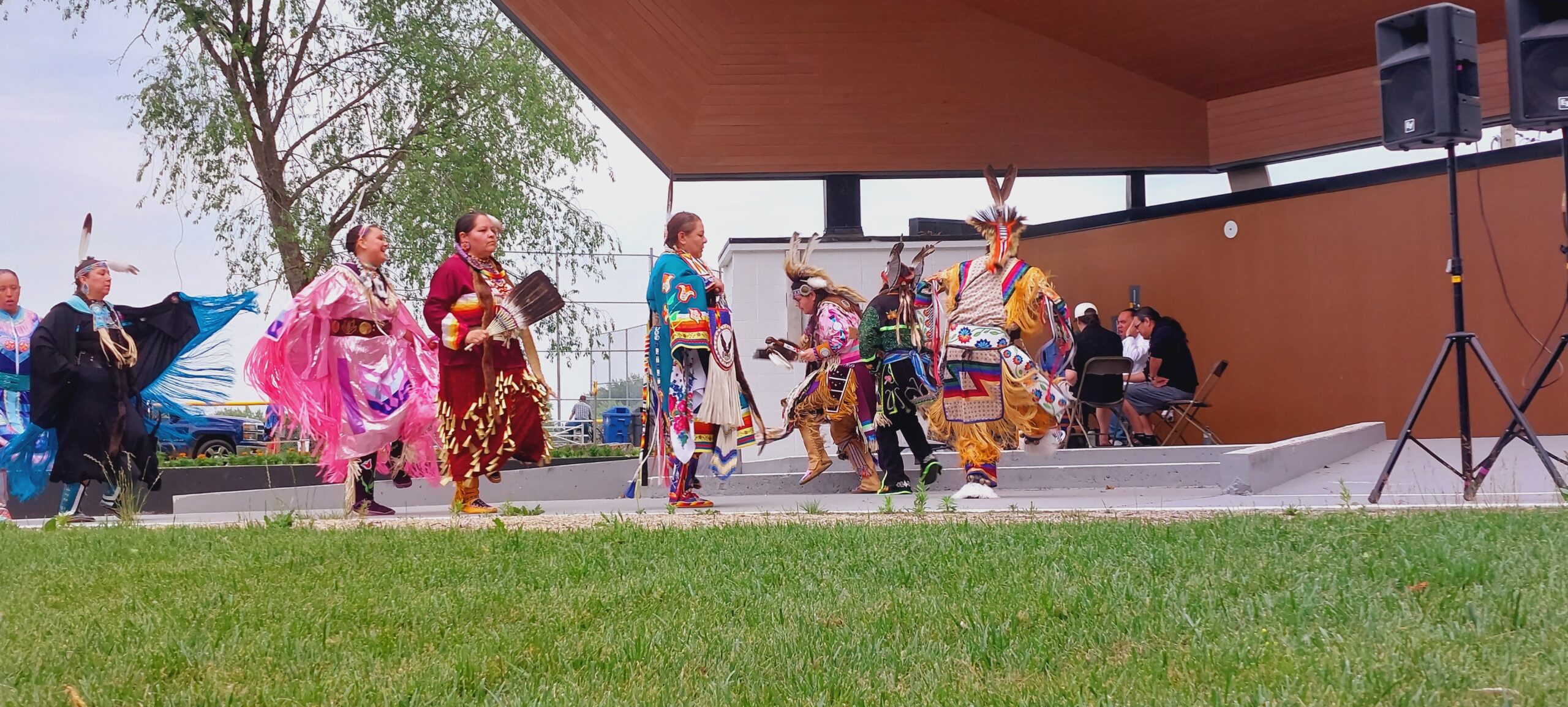June 21, the day of the summer solstice, also marks National Indigenous Peoples Day in Canada. It’s a moment of cultural pride, marked by celebrations of Indigenous languages, traditions, and histories across the country. But year after year, it also brings up political questions the federal government tends to sidestep in its official statements.
The day was first established in 1996 as National Aboriginal Day and was renamed in 2017. The federal government explains the choice of date by pointing to its meaning in many Indigenous cultures. “For generations, many First Nations, Inuit, and Métis communities have celebrated their cultures, languages, and traditions at this time of year,” reads a statement on its website.
From small towns to major cities, events took place across the country on the evening of June 20 and throughout the 21st. But for many, the day is more than a cultural celebration. It is also an expression of Indigenous identity and a continued assertion of sovereignty over their lands.
The North Star attended celebrations in Guelph, Ontario, and spoke to attendees about the significance of the events.
“[This day] is so important so people know we're still here”, says Nathan Tomas of the Guelph Indigenous Community Council (GICC). “We're not gone. There's thousands of people everywhere, and they're not going to get rid of us”. The GICC has been operating for the last two years to advocate on behalf of Guelph's Indigenous population by providing educational, social and consultation programming.
“In my heart, I think this celebrations like this are fine as it is. It's a celebration of culture, teachings, and practices”, states Adriel Harjo, “I think it should stay lighthearted but in other contexts, whether political or otherwise, it should be a little more focused on sovereignty and governance and stuff like that.”

Adriel and his family were invited from Six Nations to educate about and perform traditional dances at Guelph's celebration in Riverside Park.
When asked what sovereignty means to him, Adriel said that it means “freedom to independently choose with the people for the people. The Canadian government shouldn't have complete and total say over what happens with native peoples on their reservations with what little land they have”.
The Canadian government recognizes June as National Indigenous History Month. However, despite this, both the federal and provincial governments have passed laws this month that have drawn criticism from indigenous groups. Measures in favour of private development on Indigenous territories and politician's failure to consult with Indigenous peoples affected by the proposed changes, were heavily criticized.
For example, on June 5, Doug Ford’s Protect Ontario by Unleashing Our Economy Act received Royal Assent. This law opens several northern regions to resource development. Ontario Regional Chief Abram Benedict described the law as “a direct threat” to First Nations, their lands, jurisdiction, and sovereignty.
Additionally, on June 6, the federal Liberals passed the One Canadian Economy Act (Bill C-5) with Conservative support. This law removes numerous regulations and requirements related to various infrastructure and resource extraction projects. The process surrounding this bill was heavily criticized by Indigenous groups, who denounced insufficient consultation. Kebaowek First Nation Chief Lance Haymond told the House Transport Committee that “the process that led to Bill C-5 is a case study in how not to engage with Indigenous nations.”


